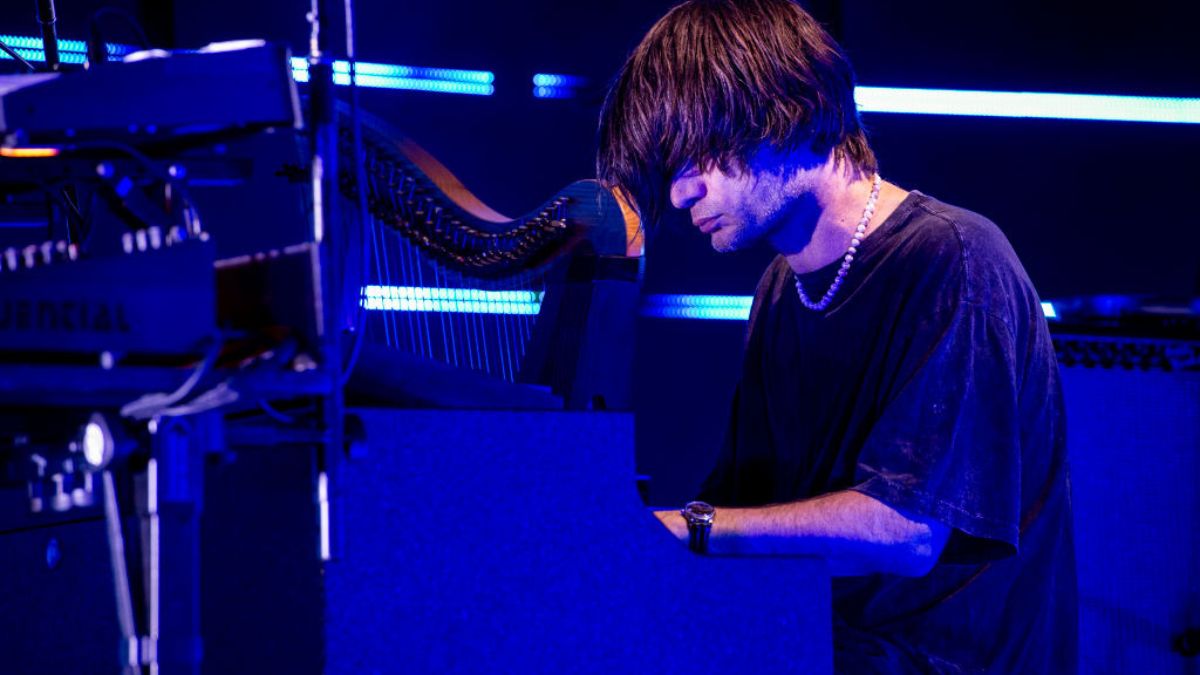Now that Star Wars: The Last Jedi has finally arrived in theatres, the inevitable post-mortem has begun. Such is the lot of the Star Wars franchise – each new installment is accompanied by such hype and expectation that anything other than a perfect home run attracts a great deal of analysis as to why that perfection was not achieved for everybody. With The Force Awakens, the criticism was that it was too similar to A New Hope. And with The Last Jedi, apparently some are unhappy that it’s too different.
One of the causes of this upset seems to be the humour in the script, written by director Rian Johnson, who’s been discussing his choice to use humour in the film in a post-release interview with Vanity Fair.
“That was something that was really, really important to me. That’s part of what I enjoy in movies. It’s part of what I enjoy in Star Wars. I think about Han and Leia and Luke wisecracking their way through the Death Star. The movies always had that sense of humor. Especially coming into the middle chapter, it has a stigma of always being darker. I knew it was going to get darker in some spots just because of what we had to do. It was really important to me, to, at the very outset, make a bold statement of, we’re going to have fun here also. Relax, you can laugh with it also, this isn’t just going to be a dirge. . . .”
Continuing on, he said:
“That was the one thing I was most nervous about last night because we never tested these movies. This was the first time I’ve watched it with a crowd bigger than 10 or 15 people. The one thing that you can never know until you put it in front of a big crowd of strangers is if the jokes play or not. So I was very relieved when we got the laughs. Oh, that very first scene. That was really the one that was just, I was holding my girlfriend’s hand very tightly when that came up. Then I relaxed when the audience got it and started rolling with it. It’s so important to me because that sets the tone and the expectation that, oh, O.K. there are going to be laughs in this movie.”
What Johnson refers to here is actually the moment in which he changes everything for Star Wars. The text of the The Last Jedi opening crawl is highly reminiscent of the premise for The Empire Strikes Back – which initially lulls the audience into this manufactured sense that we’re about to watch something familiar. It’s almost like slipping into an old, comfortable pair of slippers. But then, almost immediately, Rian Johnson changes the progression of the story by having Poe Dameron employ an entirely different, far more antagonistic strategy in a confrontation with The First Order – and it’s in this scene that the first joke is found.

It’s a vital moment, though, since it telegraphs to the audience in a subtle, knowing way, that this is not a ‘typical’ Star Wars movie. This is not a franchise instalment that serves simply to fulfill your expectations and desires. This is an entry into the saga that blows the previously narrow plot arc wide open. The very fact that this early joke exists in the film informs us in no uncertain terms that anything can happen. All bets are off – and this is something that continues throughout the rest of the tale.
Indeed, with Star Wars: The Last Jedi, Rian Johnson has issued a very clear rallying cry to franchise filmmakers everywhere: the time has come to mix things up and make some changes, and it’s entirely possible to have fun and succeed at that, while still paying homage to the origins of the story.























Published: Dec 18, 2017 10:35 am